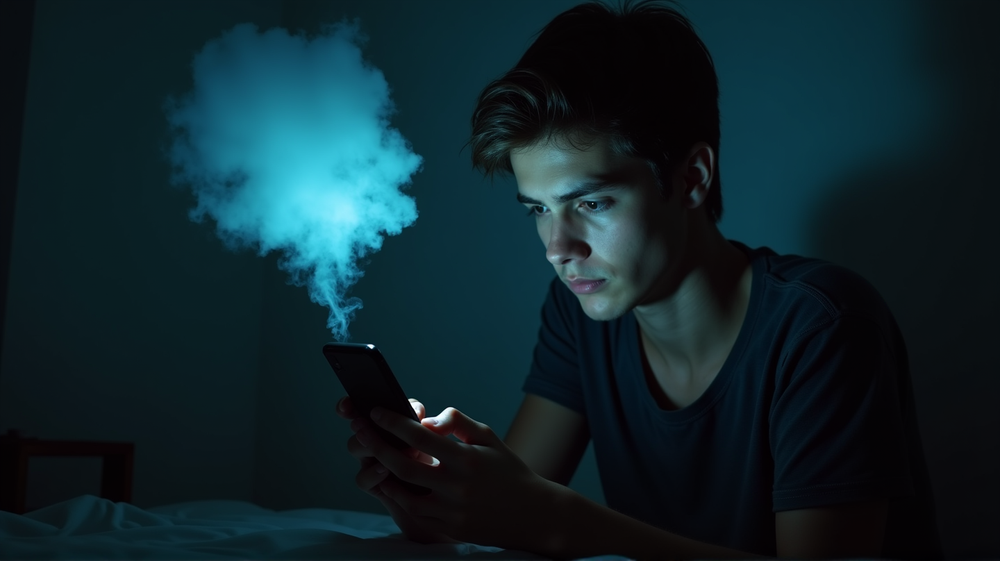Late Nights, Low Spirits: How Sleep Procrastination Affects Your Personality
In a world where the allure of one more episode or another TikTok video keeps us wide awake, a new study is shedding light on how this compulsion for bedtime deferral could be deeply impacting our personalities—and not in a good way. According to VICE, your nightly ritual of avoiding sleep is more than just a harmless habit; it could be reshaping the fabric of who you are.
Unraveling the Truth About Bedtime Procrastination
Research conducted by the University of Utah has drawn some surprising connections between delayed bedtimes and specific personality traits. Their study, involving 390 young adults with an average age of 24, found that those who procrastinate sleep tend to score higher in neuroticism and lower in traits like conscientiousness and extraversion. This revelation leads us to question: could our evening distractions be nurturing anxiety and disorganization?
The Myth of the Night Owl
Contrary to the popular image of night owls as socially thriving extroverts, researchers found that these late-night individuals were more likely caught in a rut, passively watching videos rather than engaging in active social pursuits. As Steven Carlson, the study’s lead author, puts it, they are numbing their minds rather than embracing active experiences, often experiencing fewer positive emotions and grappling with depressive symptoms.
The Vicious Cycle of Sleep Avoidance
The team established that this behavior isn’t just tied to natural sleep patterns, known as chronotypes, but suggests there’s a significant influence from one’s mood and personality. Over a series of two weeks, logging sleep habits highlighted a bright correlation between negative mental states and a reluctance to head to bed.
Breaking the Cycle: A Glimpse into Mental Health
Understanding and addressing the root of these patterns could pave the way for better sleep hygiene and mental health. The research teams propose exploring emotional regulation techniques, which might help in curbing this behavior. Perhaps, beneath the surface, lies unresolved anxiety that requires resolving for the cycle to be broken.
Despite the recognition of the problem’s existence, convincing ourselves to break free from the hold of digital distractions remains a challenge. This situation highlights a form of self-sabotage with possible dire long-term implications, from impaired mental well-being to physical health detriments.
As we learn more about this phenomenon, the solution may lie not just in behavioral adjustments but also in attending to our deeper emotional wellbeing. Next time you reach for a late-night distraction, consider what it might be taking from you—a question that looms like the dark hours of dawn that you might never see.




